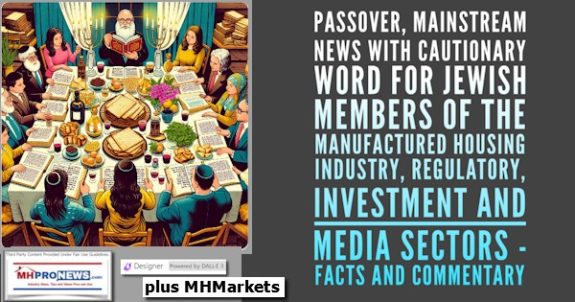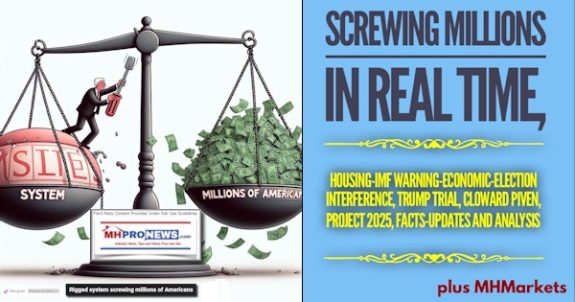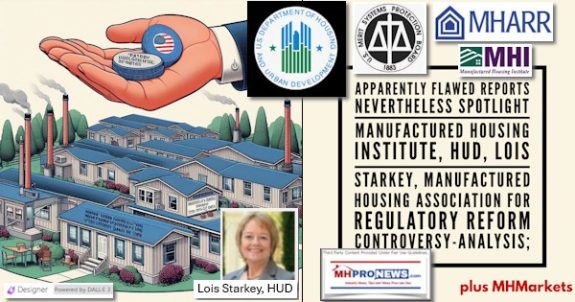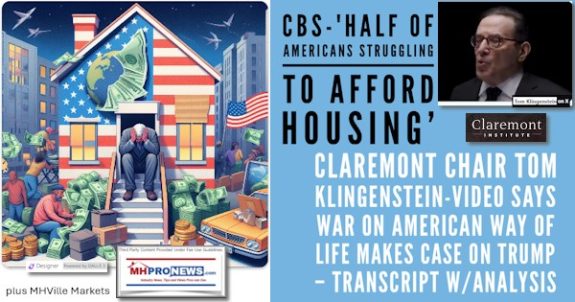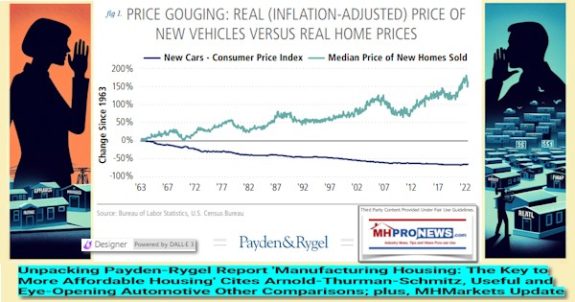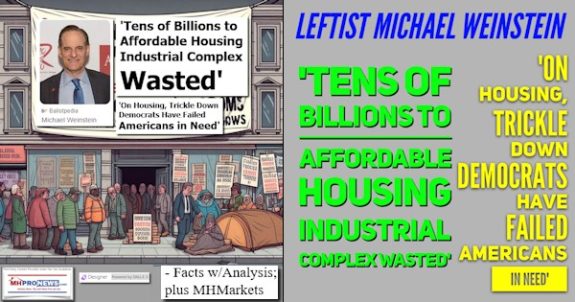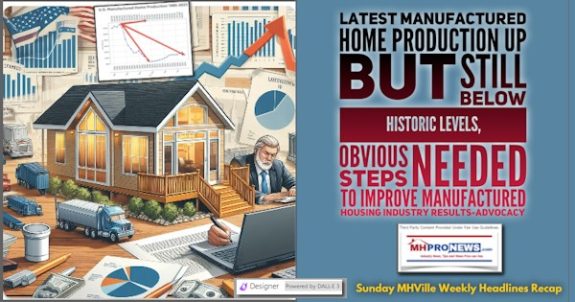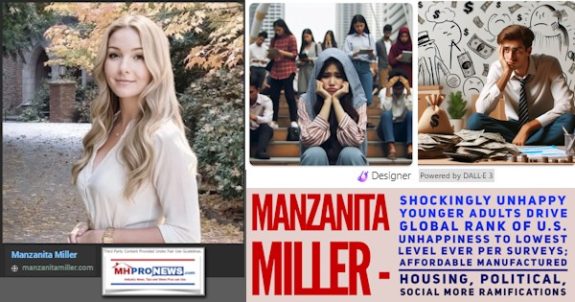Over the past week, the Federal Housing Administration has issued two mortgagee letters implementing changes to the traditional FHA Single Family Mortgage Program (Title II).
Minimum Credit Scores and Loan-to-Value Ratios
On September 3, 2010, HUD released Mortgagee Letter 2010-29, Minimum Credit Scores and Loan-to-Value Ratios, which changes minimum credit scores and loan-to-value (LTV) ratios for FHA insured Single Family Mortgages effective October 4, 2010. Borrowers with a credit score below 500 will not be eligible for FHA-insured mortgage financing. Borrowers with a credit score between 500 and 579 will be limited to 90 percent LTV, which will require a 10 percent down payment. Borrowers with a credit score of 580 or higher are eligible for maximum financing, which requires a minimum 3.5 percent down payment. Borrowers with nontraditional credit histories may be eligible for maximum financing. The letter does not make any changes to the seller concession caps at this time. Click here to view Mortgagee Letter 2010-29: Minimum Credit Scores and Loan-to-Value Ratios
For background purposes, on July 15, 2010, HUD issued a notice seeking comments on initiatives that would contribute to the restoration of the Mutual Mortgage Insurance Fund (MMIF) capital reserve account. At the end of the public comment period on August 16, 2010, HUD received 902 comments, including those from MHI. The overwhelming majority of these comments focused on HUD’s proposal to cap seller concessions. HUD is continuing to review and consider the issue on capping seller concessions as well as those pertaining to HUD’s proposal to tighten manual underwriting guidelines. HUD’s final decision on these two proposals will be addressed separately.
The seller concessions cap is of particular importance to the mortgage industry and to MHI. The FHA proposed rule considers reducing the limit on seller concessions from six percent to three percent. In its comment letter responding to the proposed rule, MHI stated the following “In particular, MHI is deeply concerned about the proposal to reduce the amount of seller-concessions. By some industry estimates, if this proposal is put in place, the manufactured housing loan activity in this vitally important FHA program would drop by 50 percent. The manufactured housing industry can ill-afford this effect. Because of the industry’s unique financing challenge, the manufactured housing market would be adversely impacted by this change.” For a copy of the full comment letter which was contained in the August 20th Week in Review, Click here.
Mortgage Insurance Premiums
On September 1, 2010, the US Department of Housing and Urban Development (HUD) released Mortgagee Letter 2010-28, Changes to FHA Mortgage Insurance Premiums for loans insured under the FHA Title II program, and Home Equity Conversion Mortgages. Click here to view Mortgagee Letter 2010-28: Changes to FHA Mortgage Insurance Premiums.
Congress recently gave HUD the authority to increase annual premiums and upfront premiums for FHA-insured mortgages to 1.55 percent. However, the agency is not utilizing its full authority at this time. In this announcement, HUD is increasing the annual premium and lowering the upfront premium. For all traditional purchase and refinance products the upfront premium is 1 percent. On 30 year loans with a 95 percent loan-to-value (LTV) ratio or lower the annual premium is .85 percent. On the 30 year loans with an LTV lower than 95 percent the premium is .90 percent.
If you are a member with questions, please contact Thayer Long at tlong@mfghome.org.






